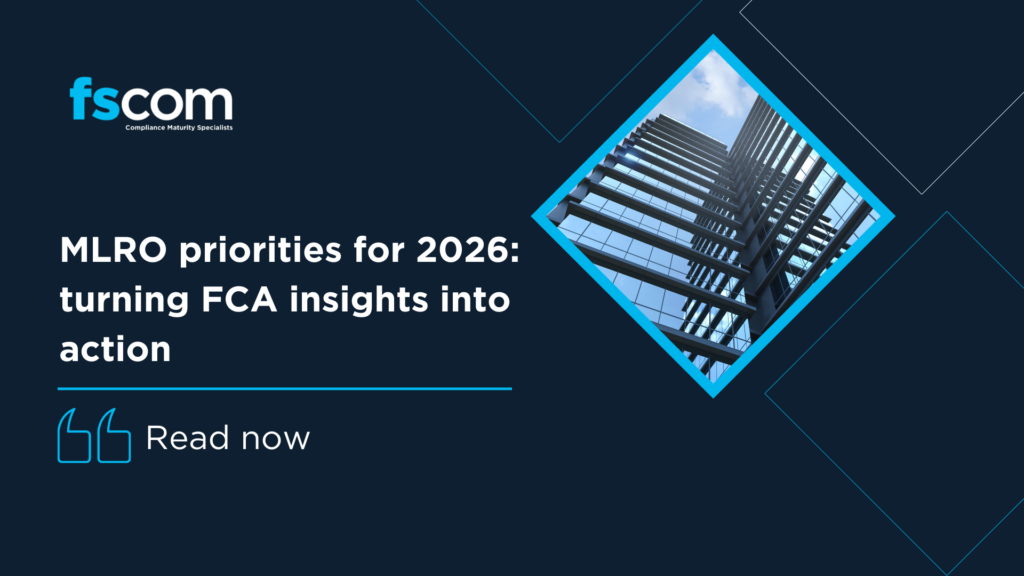
What’s at stake for consumer finance firms?
The UK motor finance sector is facing its largest wave of regulatory and reputational risk since the PPI scandal. On 1 August 2025, the Supreme Court delivered a landmark judgment in Hopcraft & Anor v Close Brothers Ltd and Johnson & Wrench v FirstRand Bank Ltd t/a MotoNovo Finance, confirming that section 75 of the Consumer Credit Act 1974 does not extend to hire purchase (HP) or conditional sale agreements. In effect, this ruling significantly limits lenders’ liability for dealer misrepresentations or contract breaches.
Shortly thereafter, on 3 August 2025, the Financial Conduct Authority (FCA) announced its intention to launch a consultation on an industry-wide motor finance compensation scheme, aimed at ensuring fair consumer outcomes and maintaining market confidence.
While the Supreme Court decision provides some legal clarity for lenders, the FCA’s proposed consultation signals that regulatory expectations remain high and that firms across consumer credit, motor finance, and capital markets must now prepare for the operational and reputational challenges ahead. Impacted firms should therefore not view the judgment as the end of the story – just the start of a new phase of regulatory focus.
In this article we set out what this new phase is likely to look like and what firms should consider doing about it.
What to expect next
While the Supreme Court ruling reduces litigation risk by limiting section 75 claims for HP and conditional sale agreements, it does not decrease regulatory responsibilities facing firms. The FCA’s proposed compensation scheme aims to address concerns around undisclosed discretionary commission arrangements paid to car dealers – practices the regulator has indicated may be unfair and unlawful in some cases.
More broadly, the consultation underscores the FCA’s expectations under the Consumer Duty, with a strong focus on fair value, transparent disclosure, and the avoidance of foreseeable harm. This means firms need to remain focused on meeting the FCA’s regulatory expectations to deliver genuinely good outcomes for customers while also preparing for a comprehensive redress process.
The FCA’s consultation (expected in early October 2025) aims to establish a fair, timely, and simple redress process.
Key points include:
- Consumers could receive on average less than £950 per agreement,
- The total scheme cost could range from £9 billion to £18 billion,
- Compensation payments may begin in 2026,
- The scheme is likely to be designed to avoid the need for claims management companies, helping consumers keep more of their redress.
What can you do in anticipation of the FCA’s consultation paper?
Experience shows that proactive firms are likely to manage this challenge more successfully, reducing costly surprises and reputational damage.
Impacted firms, meanwhile, should consider the following:
- Assess and remediate data gaps: Collect and verify historic commission, contract and customer data,
- Financial impact planning: Model potential exposure, capital impact and establish provisions,
- Strengthen complaints handling: Review commission-related processes and prepare for increased claim volumes,
- Improve dealer oversight: Improve oversight and controls to prevent future compliance breaches,
- Governance engagement: Involve senior management early to review operational capacity for managing a large-scale compensation scheme, including scenario planning and resource allocation for data and communications management.
How fscom can support your journey
At fscom, we combine FCA expertise and regulatory insight to help firms interpret and respond to these challenges. Our services include:
- Regulatory risk assessments and redress readiness checks,
- Complaint handling process review,
- Governance framework design,
- Project management for compensation scheme implementation and execution.
Ready to start? Contact us to discuss how we can help your firm manage compliance, reduce risk, and protect your reputation during this critical period.


